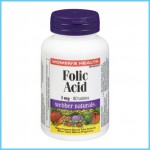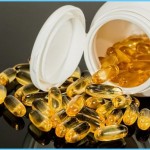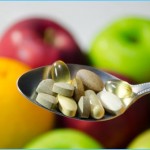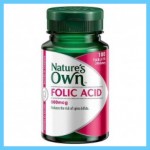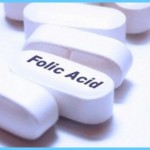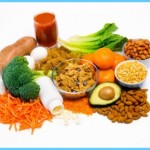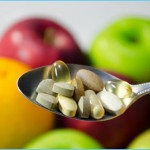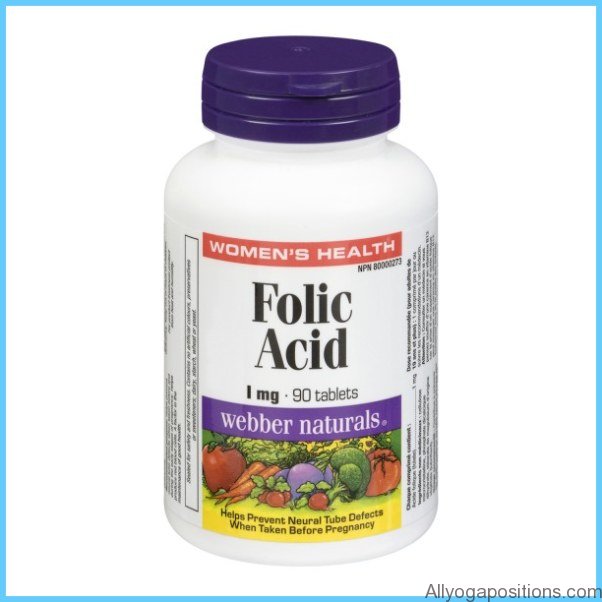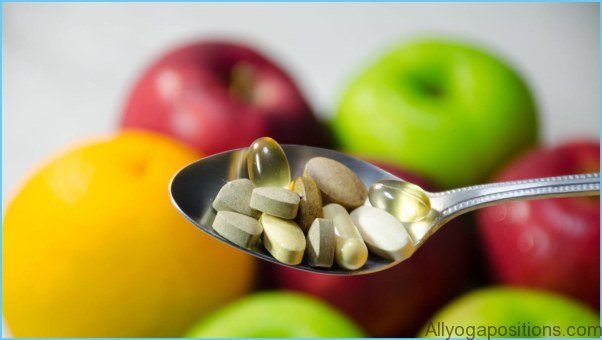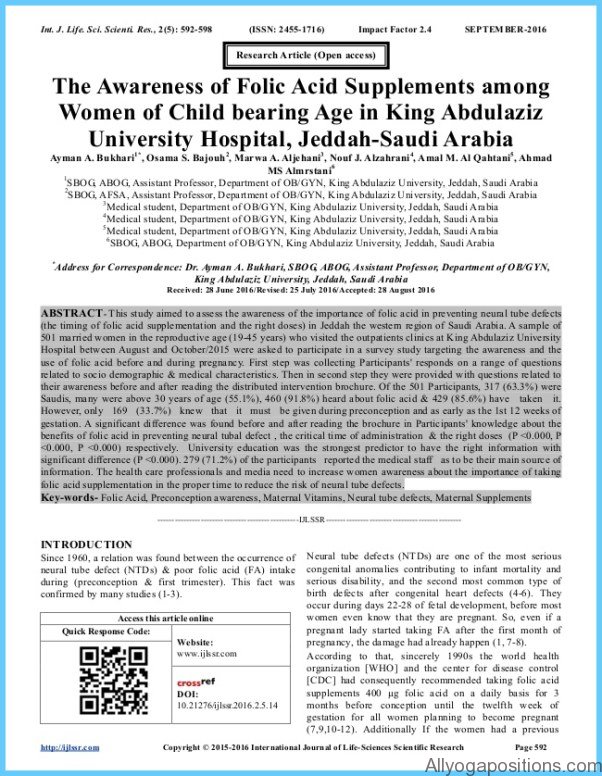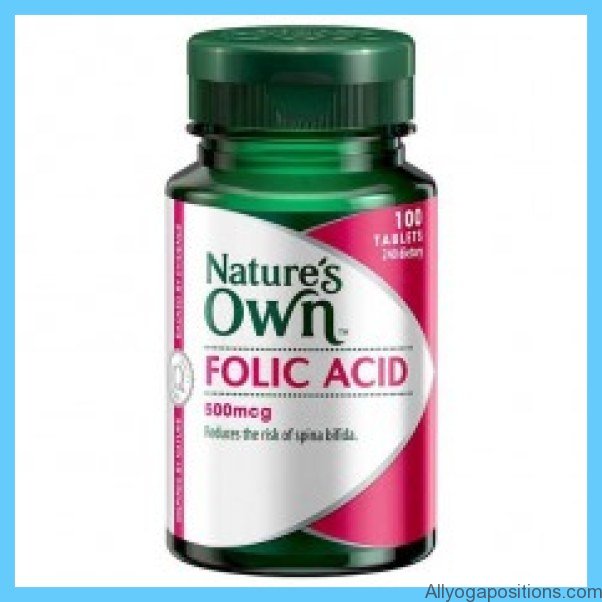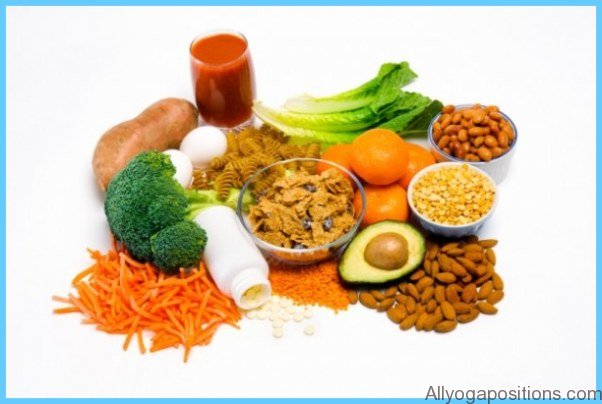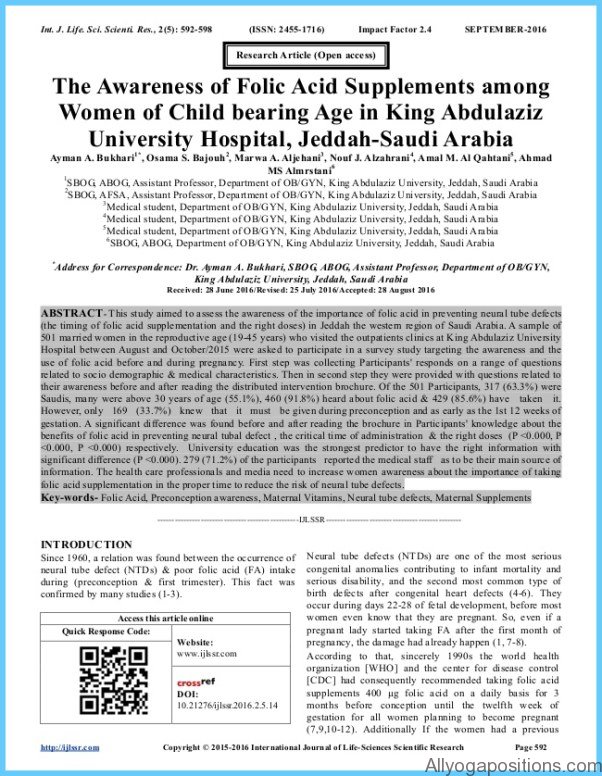This B vitamin is called folate when it occurs naturally in foods. It’s called folic acid when it’s present in vitamin pills and fortified foods. Make sure your multivitamin and mineral supplement offers 0.4 to 1.0 milligrams (400 to 1000 micrograms) of folic acid. If you want to take more folic acid, reach for a B complex formula that gives you all eight B vitamins. B complex supplements offer up to 1000 micrograms of folic acid. The daily upper limit for this B vitamin is 1000 micrograms.
If you decide to take a folic acid supplement, make sure to buy one with vitamin B12 since these two nutrients work closely together (that’s why I prefer a high-potency multi or a B complex). The body uses folic acid to activate B12 and vice versa. So a deficiency of one vitamin will eventually lead to a deficiency of the other. If you supplement with folic acid and don’t pay attention to meeting your B12 requirements, you can hide an underlying B12 deficiency.
Folic acid is well tolerated. It is generally recommended that you do not exceed the tolerable upper limit of 1000 micrograms per day. However, if you suffer from a malabsorption problem, higher doses can be safely used (be sure to take vitamin B12, too!). Doses above 15,000 micrograms are associated with nerve and intestinal damage.
Folic Acid Supplements for Women Photo Gallery
Vitamin B12
As you read above, vitamin B12 and folate work very closely together in the body. Without enough B12, your body is unable to use folate. Without any help from folate, vitamin B12 maintains the protective covering of nerve fibers. Your bones also rely on this B vitamin for normal metabolism.
Recommended Dietary Allowance (RDA) of
Vitamin B12 for Females
AGE RDA (MICROGRAMS)
9-13 years 1.8 mcg
14-18 years 2.4 mcg
19-30 years 2.4 mcg
31-50 years 2.4 mcg
51+ years 2.4 mcg
Pregnancy 2.6 mcg
Breastfeeding 2.8 mcg
Reprinted with permission from Dietary Reference Intakes for Thiamin, Riboflavin,
Niacin, Vitamin B6, Folate, Vitamin B12, Pantothenic Acid, Biotin and Choline,
Copyright © 1998 by the National Academy of Sciences. Courtesy of the National Academy Press, Washington, D.C.
This vitamin is found exclusively in animal foods. (Some soy and rice beverages are fortified with B12.) If you eat meat, poultry and dairy products on a regular basis, you’re probably not at risk for a B12 deficiency.

